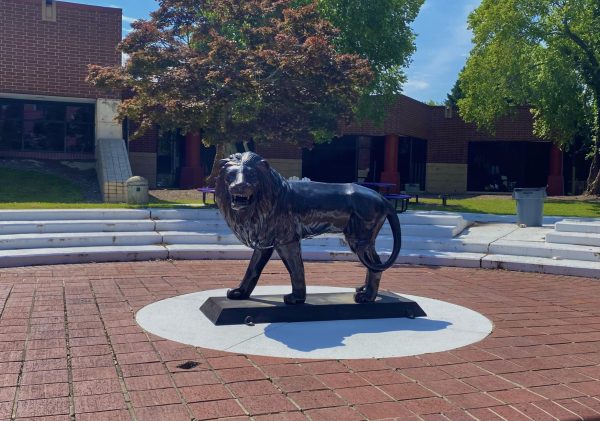Are AP classes worth it?

June 6, 2019
Throughout the school year, students are overwhelmed with homework, assignments, and tests because of their demanding AP classes. These AP classes provide a pathway to college because the AP credits can be transferred into college credits. Although taking these classes is a simple way to avoid having an extensive schedule in college, students are often burdened with balancing and managing their time wisely in order to succeed in these classes.
High schools across the nation provide these AP classes in order to learn various study skills, delve into a subject at a college level, and to learn how to manage their time throughout their education career. According to CollegeBoard, the central hub for students’ access to AP resources, AP classes allow for students to “tackle college-level work while they’re still in high school” and even “earn college credit and placement.” (AP.CollegeBoard)
However, if a student takes multiple AP classes, plays a sport, invests time in a creative hobby, and makes time to hang out with friends their schedule can become full. These students typically struggle to balance their workload and make time to study for all of their AP classes.
Rachel McGraw, a Tallwood Academy student who earned a 5 on her AP Human Geography exam, claims that “it requires great time management to be able to balance multiple, even one, AP class” because of the homework and time needed to understand the content.
Additionally, these students are pushed by teachers, peers, and parents to take the final AP exam. This exam tests the student’s application of the knowledge they have learned over the year. If the student is taking a class they feel confident in, they are likely to take that exam. They cost $94, with fee waivers available, per exam. The total of exams can rack up if the student chooses to take multiple AP classes.
However, these exams can be the equivalent of a semester credit in college. Although this seems like a simple way to earn college credit, there is a catch. The student must earn a 4 or 5 on most exams for them to be accepted as an equivalent college credit by most universities.
For instance, in order to earn the college credit for AP Biology one must earn a 5 for the University of Virginia, William & Mary, and Shenandoah University, according to CollegeBoard “AP Students” page (CollegeBoard).
Even though the student may retain all of the information throughout the year, there is a small chance they’ll earn a 4 or 5 for their exam. Earning these scores takes lots of studying and persistence, most of which students in high school have no experience in. According to CollegeBoard, only “7.2%” of “259,663 students” in 2018 earned a 5 on the AP Biology exam, where the average score for that exam was a 2.
Mrs. Fannon, a Tallwood counselor, says, “I encourage students to take AP classes because I think any student that takes AP classes will be more prepared to take that class in college whether they earn the credit or not.”
Despite the difficulty of earning a high score on the exams, students can still learn a lot from these classes.
McGraw adds, “It also looks good on college applications that you challenged yourself in high school, even if you don’t get credit.”
All in all, students should decide on whether or not to take AP classes, as well as the exams, depending on their schedule and time management skills. These classes can bring a pathway for students to learn studying skills in a college level class, yet they may cause students to take on much more of a workload, and cost, than most students are comfortable with.



















